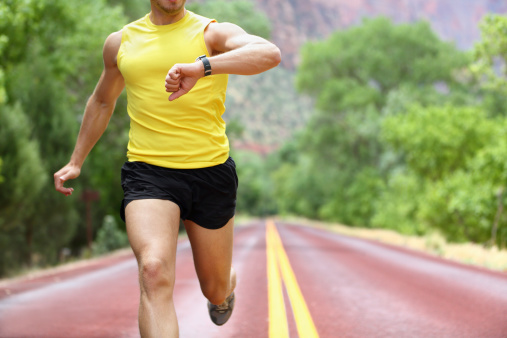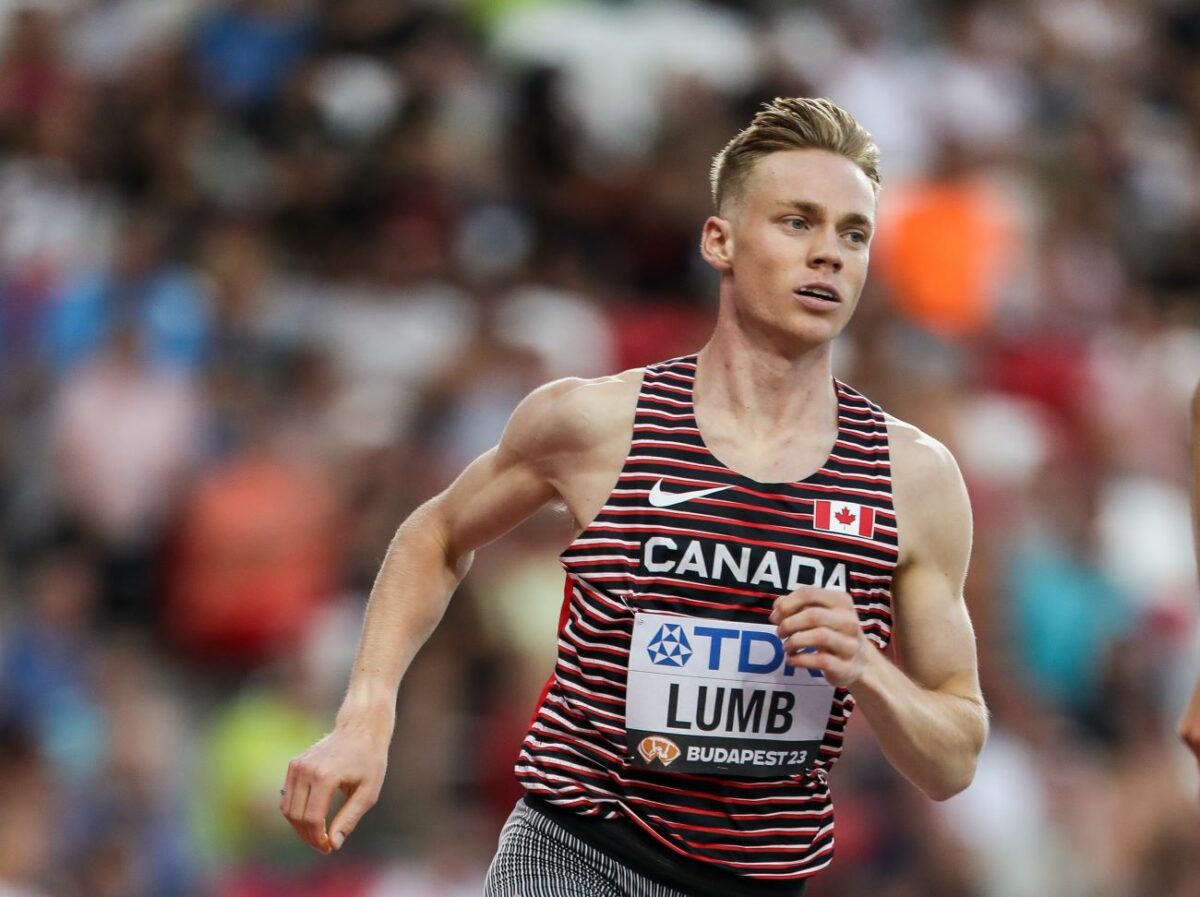When was the last time you left your watch at home and ran a race completely by feel? It’s hard to imagine today, but at one time, runners raced without any data. While technology has undoubtedly added value to our modern-day training and racing, there are still some arguments for occasionally going data-free on race day.

A fresh perspective
By eliminating the fixation on metrics, the mind finds other thoughts to focus on during a race. This can be a good thing.
Erasing all awareness of heart rate, pace, power and time during your run frees up a lot of space in the brain. Being blind to everything except the course’s kilometre markers allows you to better absorb a race’s scenery, temperature, atmosphere, and most importantly, how you’re feeling. Give yourself the chance to explore racing without data and observe what it does for you: it will be different for everyone, but you’ll learn a lot.
Sometimes data holds us back
Many of us are data-driven in our training. We look at all sorts of numbers to decide how hard we’ll push in a race and what we’re capable of. This can be helpful, but also problematic; we may unintentionally place limitations on ourselves. Maybe you know from your training data that you can sustain a given pace for your next half-marathon. What happens if you’re halfway through and it doesn’t feel right? When you race by feel, you’re giving your body the chance to find its own groove. Without any data reference points, you can make real-time decisions based on your own intuition, and you may even be able to push past barriers you have in your head.

It works for the elites
Canadian 3,000m record holder Kieran Lumb is one example of an elite runner who chooses to race data-free. Lumb hasn’t worn a GPS watch since high school, but that hasn’t stopped him from finding success at the top of his sport. Trevor Hofbauer also chooses to race by feel.
As naturally competitive people, runners may find that racing free of metrics lets them make sharper decisions when they count. Whether it’s throwing in a surge or adjusting the effort, using the race dynamics instead of your watch to dictate your effort can make you a more tactful racer.

